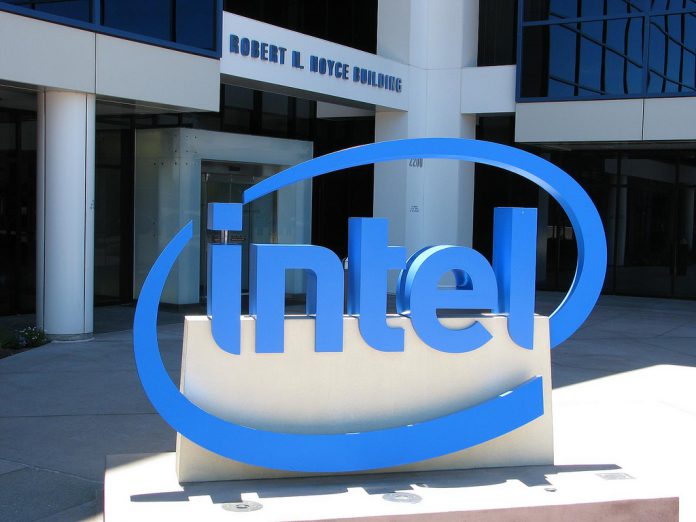The Meltdown and Spectre CPU flaw affects hundreds of millions of devices. Vulnerabilities were found in the command execution of CPUs. Under the machine system, the CPU gives control to the kernel whenever a command is executed. Systems do this to ensure efficiency and performance remain optimal. With full system control, the kernel is open to exploit. Intel managed to avoid this problem in newer processors by using the Page Table Isolation (PTI) workaround. Intel uses PTI on its newer processors, which are optimized for the patch. However, in older processors it is predicted PTI will have a performance impact. It is unclear whether this will be noticeable on individual machines, but on complex computing like cloud datacentres it could be. Intel says it is using a new method for disclosing new vulnerabilities caused by Spectre. The company currently sends out security patches irregularly and when it feels they are necessary. This means there is potential to have to wait a long time for an update to patch a flaw.
Quarterly Updates
With Meltdown and Spectre, a consistent threat, Intel is reportedly adopting Microsoft’s approach. This means the company will send out security updates more regularly. While Microsoft used a monthly Patch Tuesday for updates, Intel will adopt a quarterly update schedule. That means users will be shored up via security patches four times each year. The company says this will simplify protection. It is worth remembering that all Meltdown and Spectre solutions are merely preventions. Intel says it will be building in mitigations in future chips that will protect against the exploits.




